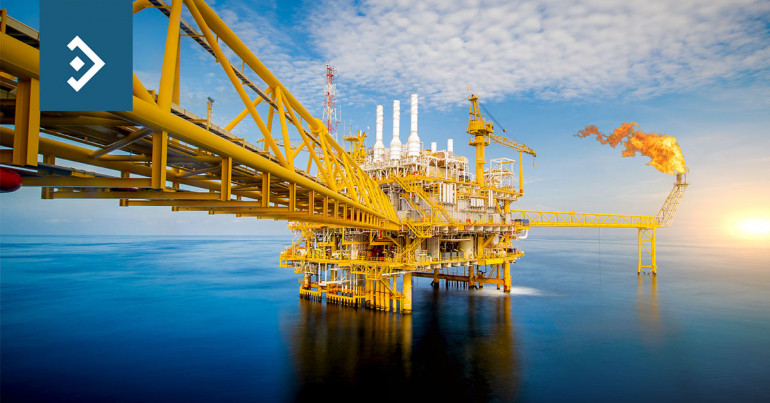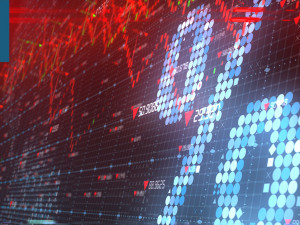
Energy sanctions would hit growth
Morning mid-market rates – The majors
March: Highlights
- Sterling hedging for 1.30 versus strengthening dollar
- Oil to climb to $125 Per barrel to add to inflation concerns
- Parity beckons
Johnson against banning oil purchases from Russia
Now fears of a global recession are rising as the price of energy rises again and discussions over a ban on purchase of Russian oil and gas continue.
Yesterday, Boris Johnson spoke of his belief that the UK should continue to buy Russian oil and gas, due mainly to the fact that there was no alternative.
It is hard to reconcile what is happening now in Ukraine with the willingness of G7 nations to continue to trade with such an aggressor.
In talks with Justin Trudeau and Mark Rutte Prime Ministers of Canada and The Netherlands yesterday, Johnson confirmed the country’s commitment to efforts to isolate Russia by use of sanctions while agreeing that greenifying (Rutte’s word) will take some considerable time.
Having not completed the task of finishing Brexit, then avoiding any further talk of the Coronavirus Pandemic, the Government looks like it will fudge the response to Russia’s aggression against its neighbour.
This could lead to Russia being emboldened to expand its ambition towards NATO members Estonia, Latvia and Lithuania once Ukraine has been subdued.
As businesses that are heavily energy dependent face rising costs that will severely curtail their ability to invest in their businesses, UK consumers face a rise in the cap on energy prices that will add around £700 to their annual fuel bill.
Add to this continued rising inflation that is expected to reach 7.5% next month as well as increased national Insurance contributions, and it is difficult to see the country being able to avoid a recession.
The term stagflation has been mostly talked of in relation to the Eurozone, but it is now being considered as a grave concern for the UK economy.
Chancellor of the Exchequer Rishi Sunak has been labelled as a universally liked Politician. That is hardly surprising given that within weeks of replacing Sajid Javid, Sunak was doling out free money in the form of furlough payments and schemes like eat out to help out.
He now faces an altogether different outlook, as he now must claw back a large part of his generosity. That is why he is, for now, resisting a reduction on the level of VAT that is charged on fuel.
Data released yesterday showed that the price of houses in the UK continues to rise. Year on Year, the average price rose by 10.8% in February, up from 9.7% in January.
Yesterday, the pound continued its seemingly relentless journey towards the 1.30 level versus the dollar. It fell to a low of 1.3101, closing at 1.3108.
Considering your next transfer? Log in to compare live quotes today.
Fed Chief believes that inflation due to economic strength
Powell, who is still officially the caretaker chairman since his second term has not yet been confirmed, will preside over a hike in interest rates at next week’s meeting. The market has been speculating for what seems like an age over whether the increase will be twenty-five or fifty basis points.
There have been perfectly acceptable reasons given for both outcomes, even though a twenty-five-point rise will now be considered a dovish response to the issue of rising inflation.
Powell, speaking yesterday, offered his view that inflation is close to its peak, and will begin to fall back to acceptable levels later in the year. He went on to say that the reason that inflation is rising in the U.S. faster than in other industrialized nations is since the pace of the recovery in the U.S. has been faster than elsewhere.
While there has been a rise in the level of prevarication over banning purchases of oil from Russia seen in Europe and the UK, President Biden is prepared to go it alone in banning imports. Of course, since the U.S. is not as dependent on Russian energy as Europe, it makes such a decision easier to enact.
The oil price rose above $120 per barrel yesterday, while wholesale gas prices have doubled in three days. Apart from the cost of energy, the price of most commodities continues to rise as the inflationary backdrop of the conflict continues. It is now generally accepted that the oil price could reach $150 per barrel, but the real question remains how long the price will remain elevated.
The answer to that question rests on how long the conflict in Ukraine continues. The relative lack of progress being made by Russian troops has surprised many observers, although there is little doubt that they will succeed in reaching Kyiv eventually.
Meanwhile, sanctions against Russia will be mostly driven towards the disappearance of a considerable number of household names from the Russian high street and restrictions placed on Oligarchs who are close to President Putin.
The dollar index continues to rally. Yesterday, it rose to a high of 99.41, closing at 99.25.
Fears of prolonged conflict scares off investors
There are no outstanding leaders within the European Community, prepared to stand up and defy Putin’s dire warnings about any resistance to his plans.
This has led to Ukraine being left to fend for itself as the Eurozone again fractures into individual nations, each wanting to save themselves rather than acting in the best interests of the entire region.
With Germany, Europe’s largest economy, importing 60% of its oil from Russia, it is obvious that Putin has been playing the long game, and leading Europe into a trap.
If Europe bans imports of Russian energy, it will in all probability be signing its own death warrant.
The only solution to this issue not just for the EU but also for other industrialized nations is for pressure to be placed upon the original members of OPEC and Iran, no matter their nuclear ambitions, to turn on the spigot and let oil flow freely again.
EU member states are divided over whether to ban Russian oil imports. Poland is in favour of a ban as are several other Eurozone members, but it is difficult to see Ursula von der Leyen, the EU Commission President, being able to persuade her compatriots in Germany to agree despite the pressure rising.
Data released yesterday show that the Russian invasion of Ukraine has decimated investor confidence in the Eurozone. Confidence fell to a low of -7 last month from a relatively healthy 16.6 in January.
Expectations, clearly taken before the invasion, had been for a fall, but for confidence to remain positive at around 5.5
Confidence in global markets has been severely shaken by the conflict in Ukraine, but falls will be magnified in Europe due to both its proximity to the fighting and the fact that the European Union has a significant reading relationship with Russia which extends far beyond the supply of energy.
The euro continues to fall towards parity with the dollar, although there are signs that the momentum of its losses is slowing. Yesterday the euro fell to a low of 1.0806, but there was a significant degree of short-term profit taking that saw it rally to close at 1.0870.

About Alan Hill
Alan has been involved in the FX market for more than 25 years and brings a wealth of experience to his content. His knowledge has been gained while trading through some of the most volatile periods of recent history. His commentary relies on an understanding of past events and how they will affect future market performance.”



